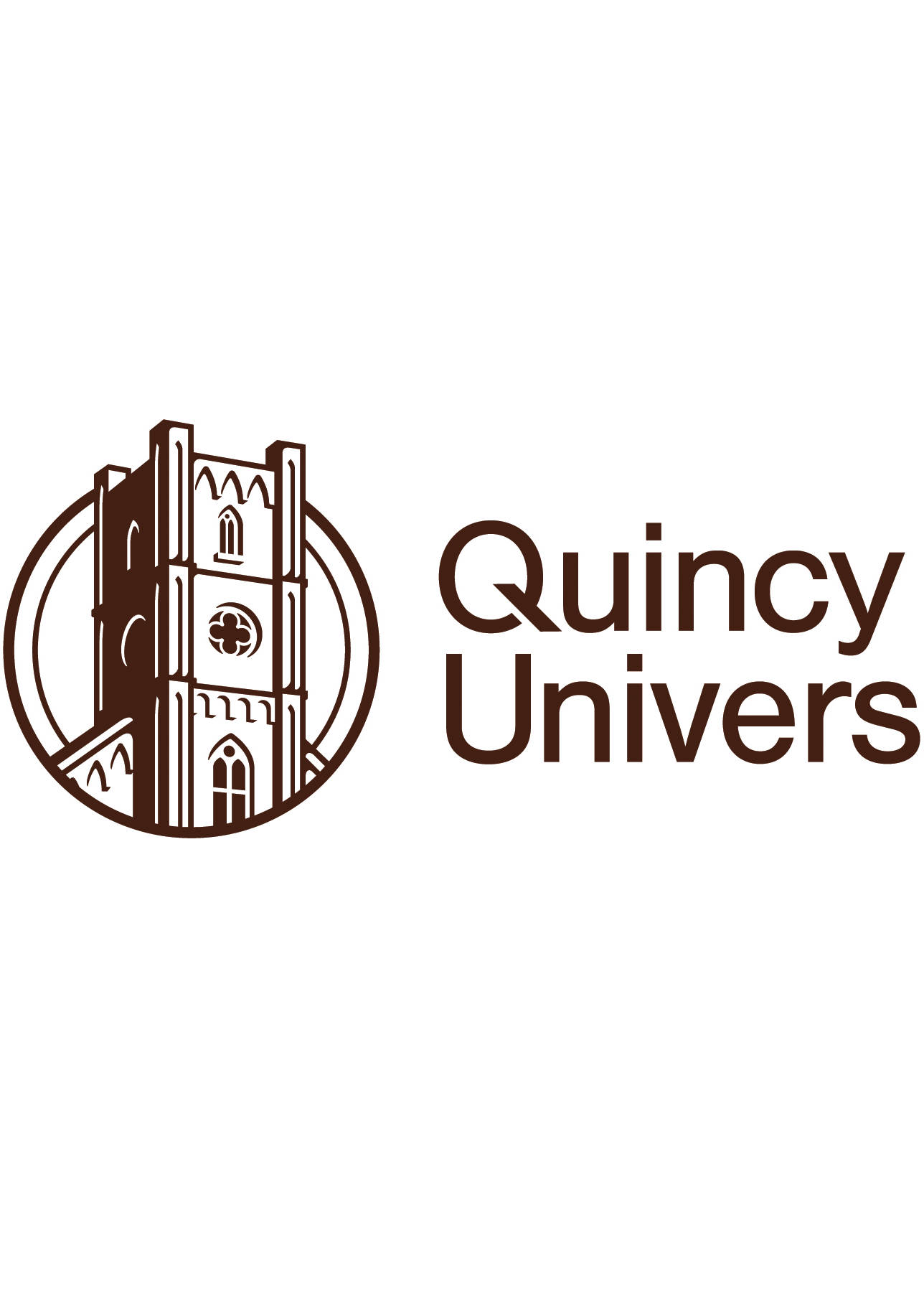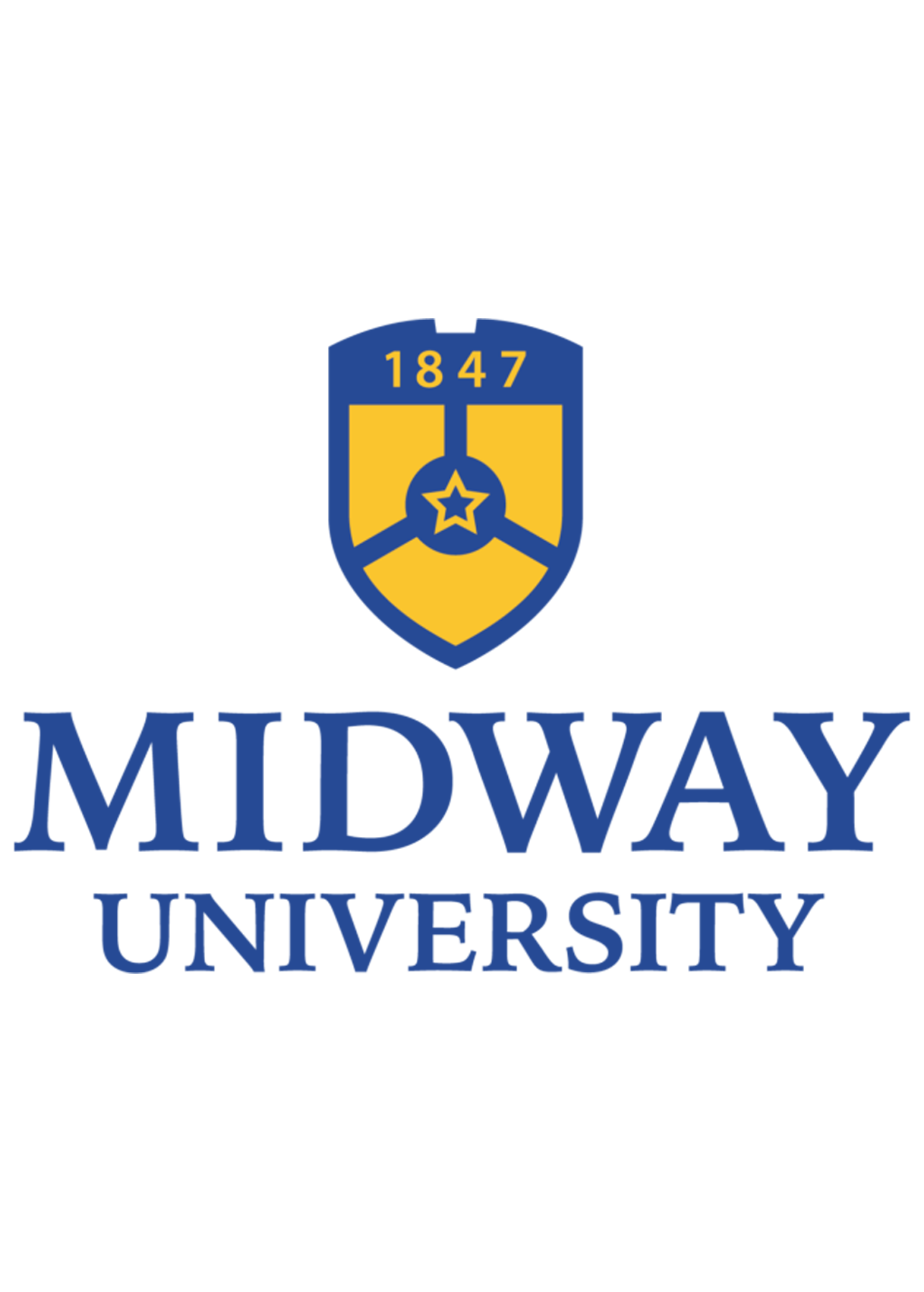If you’re looking for an accelerated path to earning your MBA without the hassle of standardized testing, a one-year online MBA program with no GMAT requirement might be the perfect fit. These programs offer a fast track to career advancement in financial and marketing managers roles, with median salaries of $156,100 and $157,620, respectively. Other exciting opportunities await in human resources, project management, and entrepreneurship.
Best of all, these programs can be completed in just 12 months, with an average tuition cost of $19,749 for the 2020-2021 academic year, making them a time-efficient and cost-effective option for future business leaders.
Why Trust Us
The Intelligent.com Higher Education Team is dedicated to providing students with independent, equitable school and program rankings and well-researched resources. Our expert-driven articles cover topics related to online colleges and programs, paying for school, and career outlooks. We use data from the U.S. Department of Education’s College Scorecard, the National Center for Education Statistics, and other reputable educational and professional organizations. Our academic advisory team reviews content and verifies accuracy throughout the year for the most current information. Partnerships do not influence rankings or editorial decisions.
- Analyzed over 2,000 national, accredited, and nonprofit colleges and universities
- 800+ rankings pages are reviewed and updated yearly
- Content is informed by reputable sources, surveys, and interviews with academic advisors and other experts
- Over 100 data points are reviewed for accuracy and quality throughout the year, including sources
How we rank schools
Our list features the best One-Year Online MBA programs (NO GMAT) at top colleges nationwide. Each school featured is a nonprofit, accredited institution — either public or private — with a high standard of academic quality for post-secondary institutions.
We evaluated each school’s program on tuition costs, admission, retention and graduation rates, faculty, reputation, and the student resources provided for online students. We collected data from trusted sources like the National Center for Education Statistics, individual school and program websites, school admissions counselors, and other data sources. Then, we calculated the Intelligent Score on a scale of 0 to 100 based on the following criterion:
Academic Quality:
- Admission rate versus enrollment rate
- Retention rate of students who return after year one
- Accreditation status (regional and programmatic)
- Nonprofit status, both private and public institutions
Graduation Rate
- Overall graduation rate
- Total number of currently enrolled students, including diversity metrics
- Student-to-faculty ratio
Cost and ROI
- In-state and out-of-state per-credit tuition rates and fees
- Required credits to graduate
- Earning potential after graduation
- Availability of federal student loans, scholarships, and other financial aid options
Student Resources
- Available student services for online-only and hybrid programs
- On-campus amenities like tutoring centers and the number of libraries
Read more about our ranking methodology.
Best 3 Accredited One-Year Online MBA Programs (No GMAT)
FiltersInstitution Type
Status
- Intelligent Score
- Alphabetically By University Name
- Acceptance Rate
- Enrollment
- In-state Graduate Tuition
- Out-of-state Graduate Tuition
- In-state Undergraduate Tuition
- Out-of-state Undergraduate Tuition

Quincy University
Intelligent Score: 99.82In-state: $31,160
Out-of-state: $31,160
In-state: $12,000
Out-of-state: $12,000
SAT: 975-1200
ACT: 19-25
$550
Online
Higher Learning Commission
30

Midway University
Intelligent Score: 99.60In-state: $24,500
Out-of-state: $24,500
In-state: $6,240
Out-of-state: $6,240
SAT: 990-1170
ACT: 18-24
$485
Online, On-Campus
Southern Association of Colleges and Schools Commission on Colleges
30-33

Spring Hill College
Intelligent Score: 98.83In-state: $39,336
Out-of-state: $39,336
In-state: $7,182
Out-of-state: $7,182
SAT: 1000-1150
ACT: 20-25
$555
Online
Southern Association of Colleges and Schools Commission on Colleges
30
How to Choose a One-Year Online MBA Program (No GMAT)
Choose your area of study
Choosing a specialization for your MBA is imperative, as it’ll make you a more competitive hire. However, this can be a difficult decision if you have multiple interests. Start by asking yourself:
- What industries or roles excited me most?
- Where do my strengths align with market demands?
- What skills will I need for my long-term goals?
Creative, customer-focused students will thrive in marketing, while those interested in financial analysis and investments are often well-suited for finance. Human resources is ideal for outgoing individuals passionate about people, and entrepreneurship is an excellent fit for aspiring business owners.
Research schools and programs
With your intended specialization in mind, you can begin researching schools and programs. You may come into this process with a few questions of your own, but here are some more to consider:
- Which courses align best with my specialization?
- What is the school’s reputation in the field?
- What are the program’s faculty qualifications and industry connections?
- Are there opportunities for internships or networking?
- What support services are available for online students?
You can find this information on program websites, by speaking with an admissions counselor, or by attending a virtual open house. Many students also benefit from connecting with alumni for first-hand perspective and additional insight.
Prepare for tests and applications
Once you have a shortlist of MBA programs, focus on strengthening your academic transcripts, personal statement, and letters of recommendation. Since these programs don’t require the GMAT, they’ll closely evaluate your academic performance, work experience, and goals.
Allow ample time to write a solid personal statement that illustrates your career goals and how each program aligns with them. Then, request strong recommendation letters from people who can speak to your leadership and potential. It’s essential to tailor each application to show your unique qualifications, making you stand out as a competitive candidate.
Select your program
When acceptance letters arrive, you may have a big decision to make. Start by revisiting your initial research criteria to evaluate how each program aligns with your goals. Consider factors like curriculum relevance, the faculty you’ll learn from, networking opportunities, and career support services. You’ll want to focus on which programs excel in the areas most important to you.
Now is also the perfect time to reassess the total cost of attendance, factoring in tuition and fees. Prioritize programs offering financial aid or scholarships to reduce costs and ensure the best return on your investment while meeting your career objectives.
Determine how you’ll pay for your degree
Paying for your MBA can be intimidating, but many financial aid resources are available to help. Start by exploring scholarships and grants, which don’t need to be repaid. Institutional scholarships can be beneficial, but check for external scholarships, as these can also help offset costs.
Next, consider assistantships, which provide stipends or tuition discounts in exchange for work. If you’re currently employed, you’ll want to ask your employer about tuition reimbursement instead, as this can cover a portion or all of your educational costs.
If needed, use federal loans before turning to private loans, as they often have better interest rates and repayment options.
Potential courses you’ll take in a one-year online MBA program
- Financial Management: In this course, students learn how to analyze financial statements, manage corporate finances, and make investment decisions. Lessons often cover budgeting, capital structure, and risk management, providing learners with tools to assess and drive financial performance.
- Business Analytics: Often taught as a core class, this course teaches students how to use data to make informed business decisions. Topics may include data visualization, statistical analysis, and predictive modeling, helping students gain insights to drive business performance and strategy.
- Organizational Behavior: This class examines the dynamics of individual and group behavior within companies. Learners explore motivation, team dynamics, communication, and leadership styles, helping them foster a positive and productive workplace culture in their future careers.
- Entrepreneurship: Participants in this course explore launching and growing a business. They will learn to recognize opportunities, plan a business, and secure funding, preparing to turn innovative ideas into successful ventures.
What Can I Do With an MBA Degree?
It’s indisputable that business and finance are some of the most stable fields to enter after graduation, offering numerous career opportunities. Business-related occupations are projected to add 950,000 new jobs annually over the next decade, with a median salary of $79,050. However, MBA graduates often earn higher wages, frequently surpassing six figures, especially in leadership roles like finance, marketing, and Human Resources.
Career outlook
- Human Resources Manager — Professionals in this role lead Human Resources initiatives, such as recruitment, talent development, and employee relations.
- Median annual salary: $136,350
- Projected employment growth (through 2032): 6%
- New jobs projected: 17,400
- Marketing Manager — These graduates oversee marketing strategies, brand development, and campaigns to drive sales and customer engagement.
- Median annual salary: $157,620
- Projected employment growth (through 2032): 8%
- New jobs projected: 36,600
- Project Management Specialist — Also called project managers, these professionals are responsible for planning, executing, and overseeing specific projects within an organization.
- Median annual salary: $99,580
- Projected employment growth (through 2032): 7%
- New jobs projected: 77,000
One-Year Online MBA Degree Frequently Asked Questions
How do accelerated degree programs work?
Accelerated degree programs condense the same curriculum as traditional programs into a shorter time frame, allowing students to complete their studies faster. For example, a conventional 16-week semester might be shortened into 8-week terms, requiring a more intensive study schedule.
While these programs are ideal for motivated students looking to advance their careers quickly, they likely won’t suit those who prefer a more relaxed pace. To learn more about whether these programs are right for you, visit our page, which explores this further.
How long does it take to earn a one-year online MBA degree?
A one-year online MBA, true to its name, typically takes just 12 months to complete, offering a faster alternative to traditional MBA programs, which often take two years. The accelerated nature of these degrees allows students to gain the skills needed for career advancement quickly. However, it’s important to double-check total credit requirements, as these can vary by program and may affect your completion time.
How much does a one-year online MBA degree cost?
According to the most recent data from the National Center for Education Statistics, the average cost of a master’s degree was $19,749 for the 2020-2021 academic year.
As an online student, you should also budget for extra expenses like technology fees, textbooks, and course materials, which can add to the overall cost. These expenses can add up over time, but many students still save on commuting and housing costs.


